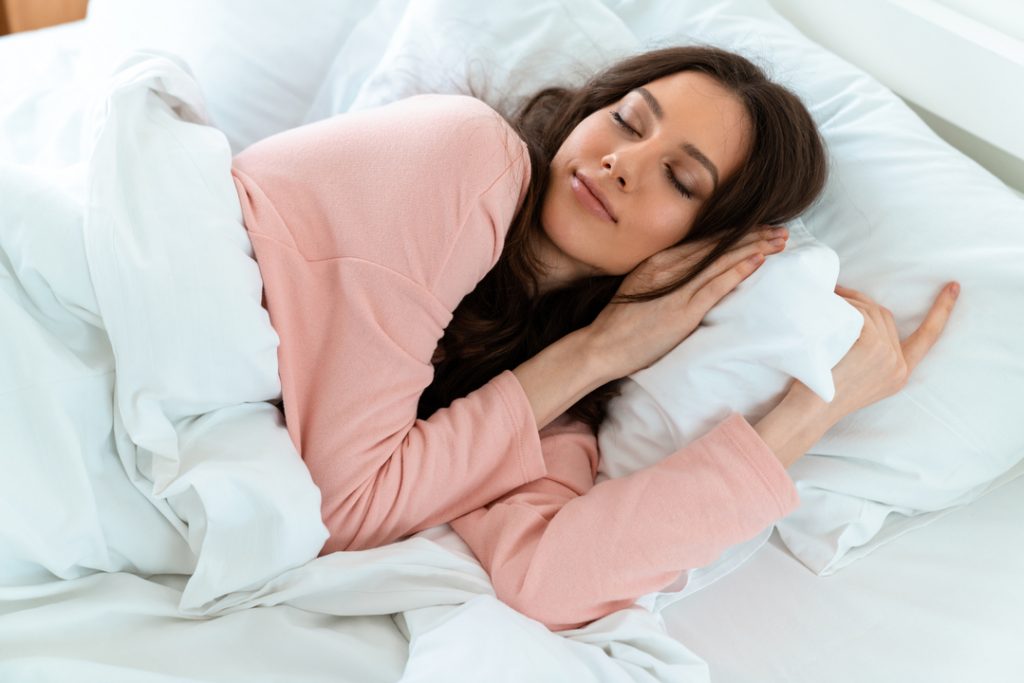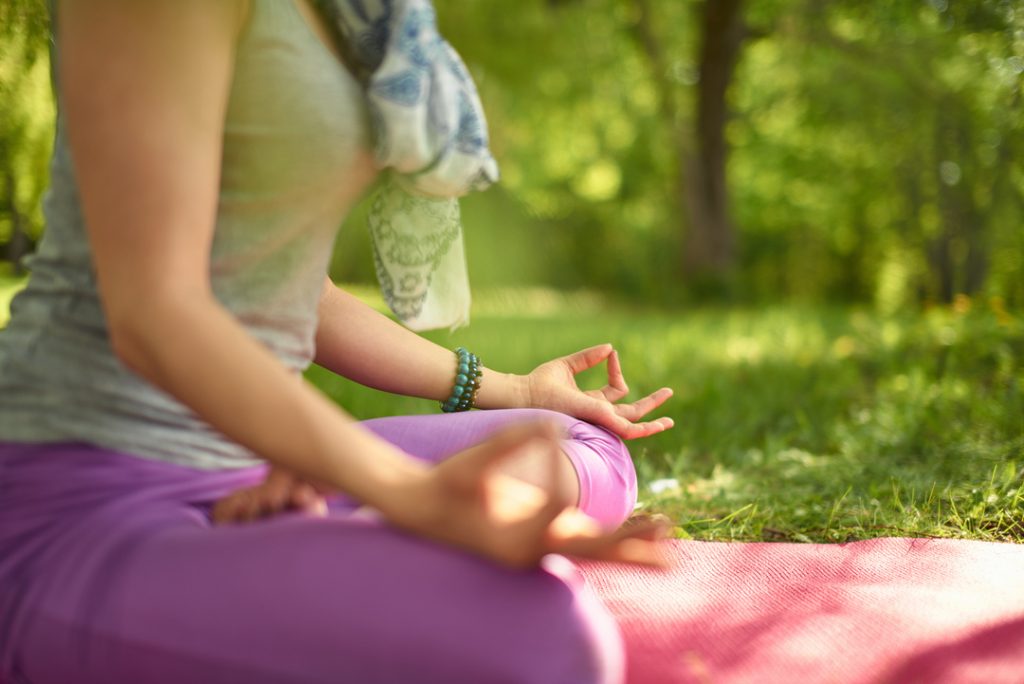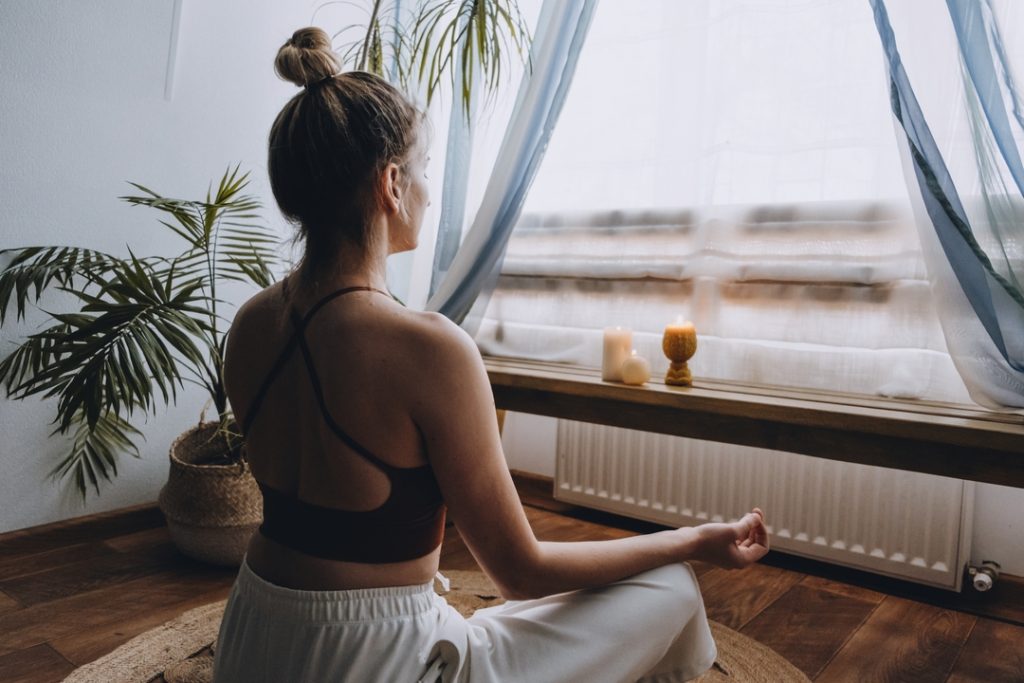Mental health is perceived as a state of health of the person in relation to that individual’s capabilities and social significance. All initiatives aiming to enhance and maintain mental health are referred to as mental hygiene.
Mental hygiene is associated with the development of positive well-being among people in the community through the development and performance of initiatives to reduce the estimates of the prevalence of numerous psychological ailments.
Balance is an attribute that must not be overlooked at any point in our life. Both our mind and body require a state of equilibrium to ensure our overall well-being.
For people suffering from mental issues, it may seem like medications and therapy are the only possible solutions. But, self-therapy can go a long way in creating a balance between our physical and mental health.
Comprehending the connections between both mental and physical health is the first step in cultivating ways to avoid the prevalence of co-occurring circumstances and to assist those who are already suffering from mental ailments and persistent physical problems.
Chronic physiological conditions are exacerbated by mental health problems.
People suffering from severe mental illnesses are at a higher risk of developing chronic physical illnesses.
People who have chronic physical conditions are more likely to develop deficient mental health.
HOW TO BALANCE PHYSICAL AND MENTAL WELLBEING
Only when we see a state of equilibrium or incorporation between a person’s body, mind, soul, and surroundings do we say that person is mentally sound.
Both severe physical conditions and mental health are influenced by social predictors of wellbeing. Regular physical activity, availability of healthy foods, sufficient earnings, and cultivating social participation and social support are all important aspects of preventive measures. Some of the important preventive measures to ensure an adequate balance between mental and physical well-being are described below:
FOOD IS AN EMOTION
It is a well-known fact that what goes inside our body affects our outsides too. However, the type of food we eat not only affects us physically but also mentally.
People are usually unaware of how much their nutritional intake influences how they think and feel. A dysfunctional food intake can have a negative impact on their brain and state of mind, interrupt their sleeping cycle, deplete metabolic rate, and destabilize their immune function. Foods like caffeine, alcohol, refined carbs, extremely sugary snacks, etc. severely affect our physical and mental health.
Try to include some important nutrients in your daily diet like nuts, fruits, beans, leafy veggies, etc. to balance out the junk you have eaten for a long.
HAVE A GOOD NIGHT’S SLEEP
Sleep is an extremely crucial factor in determining our overall health. At the end of the day, your mind needs some downtime. To get a good night’s sleep, one must set aside work for a few hours each day and try to prevent all arguments, disturbing, or strategizing.
Scaling back on bedtime may seem like a good idea for people who are always on the go, but when it comes to mental wellbeing, getting enough sleep becomes a primary concern.
Sleep can have an influence on your state of mind, energy, mental alertness, and potential to deal with pressure.
Make it a habit to wind down properly before bedtime and keep all stressful and anxious thoughts at bay before your head hits the pillow.

REACH OUT FOR HELP
The significance of face-to-face communication must be acknowledged and recognized as the key to combating psychological and behavioral well-being concerns.
Nothing surpasses stress-relieving, mood-boosting face-to-face time with people you cherish. People should understand that trying to reach out to someone is not a sign of insecurity; in fact, people appreciate the fact that you value them enough to find comfort in them.
FOCUS ON YOUR MIND AND BODY
The thoughts and actions are inextricably linked. When a person concentrates on his or her physical fitness, he or she will ultimately experience a stronger psychological and emotional ambiance.
Physical activity can improve your mental and emotional health, relieve stress, improve your memory, and help you live a better life.
Regular exercise does not have to be strenuous, such as battering weights in the gym or running thousands of miles.
Even short activities such as going for an evening walk, dancing to your favorite music, playing activity-based matches, meditating, and yoga can go a long way toward helping a person positively impact their mental health.
RELAX
Stress is a really usable natural biological response for dealing with adversity. However, when things calm down, it can be very harmful to our health, and we must understand to turn it off. For example, using yoga and meditation strategies.
Create your own mental hygiene routines to keep your feelings and thoughts neat. Mindfulness, introspection, relaxation, and journal writing are all methods for accomplishing this.

SET TANGIBLE GOALS AND ORGANISE ASPIRATIONS
Maintaining encouragement and perseverance are essential for exceeding ourselves, and that is why we must set attainable goals to avoid becoming discouraged. We don’t have to give up our dreams, but we do have to start managing our aspirations and real life.
FINAL THOUGHTS
Mental hygiene is associated with the development of positive health among individuals in society through the development and implementation of initiatives to reduce the estimates of the occurrence of multiple psychological disorders.
Understand that your own mental hygiene and psychological health will have immeasurable consequences for those around you. While exercise benefits your physical appearance and sense of well-being, engaging in your mental sanitation benefits not only your own but also the mental and emotional health of your relatives, co-workers, and buddies.
Related Article: How Lack Of Sleep Affects Your Mental Health





